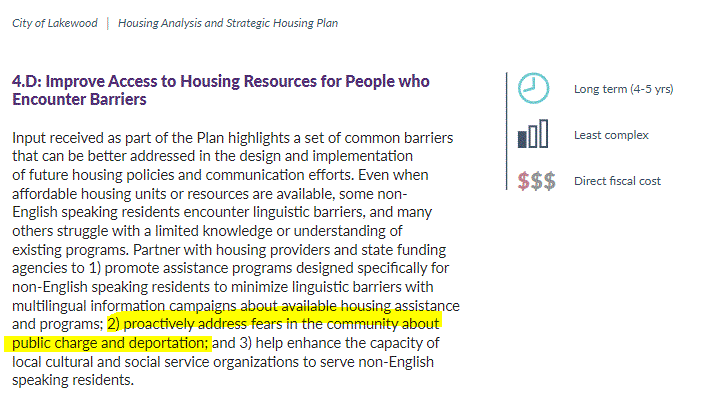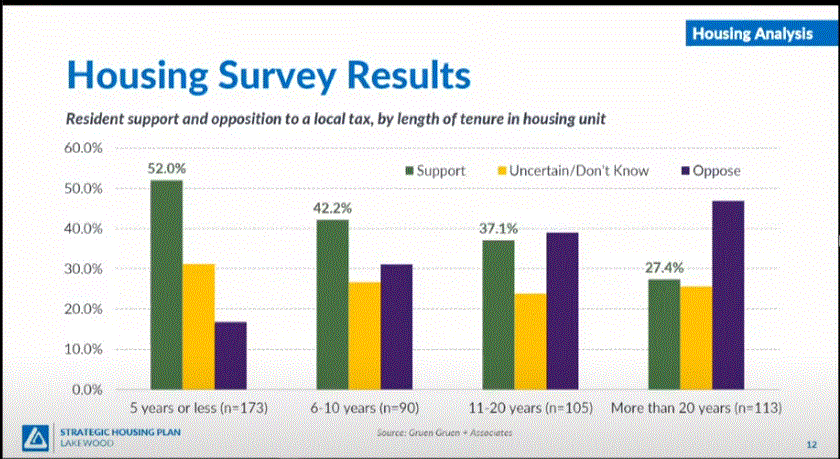Putting someone in jail for a low-level municipal offense is an unsatisfactory answer for people who believe jail is ineffective or harsh. Since jail is often the mandated penalty, Lakewood may take the “compassionate” route and dismiss the case if the alleged offender visits Community Outreach Court. The de facto penalty is then talking to housing and job providers, which isn’t a penalty but a helping hand. The result is dismissing all warrants for Failure To Appear in court, and often dismissing the original charge as well.
Charges that are often dismissed:
- Having an open container
- Sleeping in a public park
- Shoplifting
- Trespassing
- Simple assault
- Possession of drug paraphernalia
- Indecent exposure (public urination)
- Failure to Appear in court
Lakewood is working to reach out to the homeless community to bring them to Outreach Court. Lakewood homeless navigators and community members spread the word that if you come to court your warrants will be forgiven and your original case may be dismissed.
Is the law effective if Lakewood forgives all the cases?
Having a law that everyone knows will be dismissed is not an effective deterrent. In one case, an offender admitted to ongoing trespassing but because she talked to resource providers, thereby fulfilling the terms of the original trespass case, everything was dismissed.
Jail may be viewed as unreasonably harsh for unhoused individuals because they could lose their meager possessions with one overnight stay. There are arguments that jail is ineffective for anyone and low-level offenses are not worthy of jail. Another argument is that if you are trespassing (for example) because you are homeless, are you really committing a crime or being punished because you are homeless?
Being homeless is not a crime but dismissing these “crimes of homelessness” has consequences such as:
- Effectively making the city a homeless sanctuary
- Changing the public perception of how Lakewood enforces its own laws
- Lowering effectiveness of law enforcement and justice system, as judged by cutting crime
There is opportunity for discussion here.
- Do Lakewood residents believe that low-level offenses should not be punished? – Repeal the law
- Is jail too harsh? – Modify for alternatives (For example, community service)
- Is community service too hard to find? – Extend opportunities outside of non-profit service
Whether penalized with jail or having the case dismissed, the court is not responsible for an individuals housing. However, that is a role the court is taking on by acting as resource coordinator. The Court continues to work for grants for homeless and housing.
Community Outreach Court is presided over by Municipal Judge Nicole Bozarth, who was the only candidate for Municipal Judge on the 2023 ballot. She was previously appointed to the position in June 2022.
Reader Recommended Business: a SAFE HOME Gas Fireplace Service



